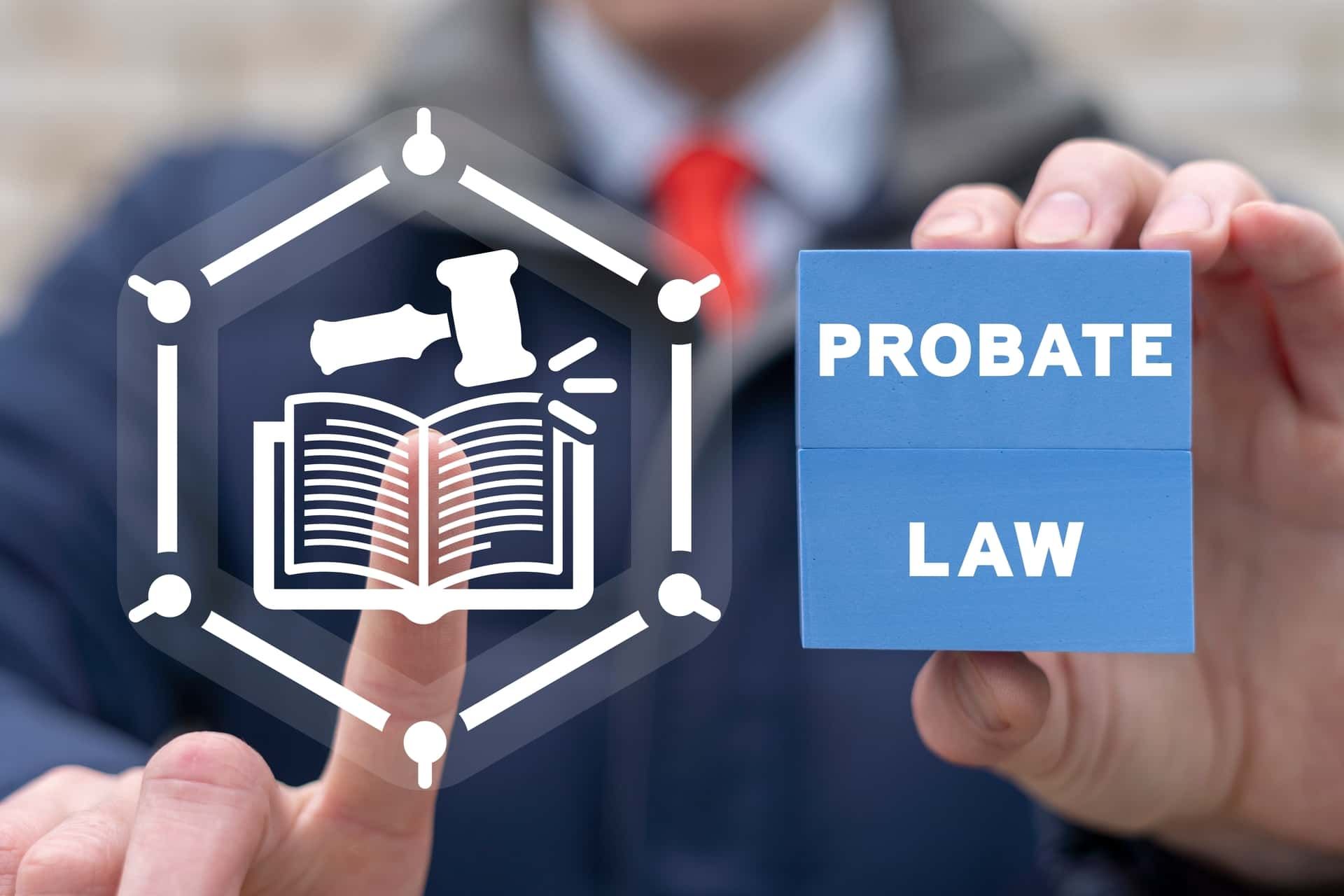Tips For Avoiding An IRS Tax Audit
There is no guarantee that an audit can be avoided, but you can avoid some red flags so that you can reduce the chance of being audited by the IRS. Until recently, the odds of your small business’s tax return being audited were actually quite low.
In 2018 alone, only 140 small business returns were audited. That’s 140 out of a then total of 4 million. As such, that translates to an approximation of a 0% audit rate. All that changed in 2020, however, when the IRS stated that it would add auditors in an effort to increase audits by as much as 50% by 2021. This means your chances of getting audited just increased.
Fortunately, you can take action to help lower those chances. Read on to learn our top tips for avoiding an IRS tax audit. In the event that your small business is chosen for an audit, we invite you to contact the Law Office of Mary E. King to speak with an accomplished IRS Tax Audit Attorney Sarasota, Florida.
We deal with the IRS on a regular basis and can help you with all of your tax-related needs. So read on learn what you can do in the here and now. And if by chance you are selected by the IRS, you will have an IRS Audit Attorney in your corner to walk you through every step of the way.
Never Report Net Losses
You should never report a loss, especially losses that are small. Any time the IRS sees a small business with a net loss, that business just increased its likelihood of getting audited by a wide margin. While it’s true that you must report all income, you certainly don’t have to report all expenses. If leaving out a few of your expenses gives you even a tiny net profit, you should consider doing so.
Provide Specific Expenses
Speaking of expenses, it’s always better to avoid putting anything in the “Other Expenses” category. When the IRS sees that you are trying to claim other expenses, it’s natural to question whether those expenses truly exist. As such, be specific about all of your expenses. Itemization is always the best route to go, and it will serve you well in helping you avoid getting audited.
Provide Additional Clarity on Expenses
This is one that many people overlook, and unfortunately, it can come back to bite you. Oftentimes, people assume that auditors will know why your expenses drastically changed from one year to the next. Maybe your business dictated that you needed to travel less, and thus, your travel expenses went down considerably compared to the previous tax year.
The truth, however, is that unless you show why your expenses changed, the IRS may be suspicious. Therefore, always make sure you attach documentation that explains in detail why there is such a variance.
Be Punctual
There’s a common misconception that getting an extension to file late will help avoid a tax audit. Bit filing on time is actually the way to go. When the IRS sees that you have a good history of being compliant in all tax matters, you are less likely to get selected for an audit.
This also includes avoiding amending too many returns. The less often you do so, the better it looks. It’s understandable that you may have no other recourse but to amend a return. And it’s certainly OK to do so. But keeping your amending to a minimum will help reinforce your compliancy.
Make Sure Your Returns Differ
The IRS gets suspicious when it sees the same figures on tax returns year after year. The fact of the matter is that tax returns are supposed to change. Therefore, you should always take the time to provide unique numbers that apply to the current year’s tax return.
In the event that you truly do have figures that match up with the previous year, then by all means, that’s what you should report. But at least you will have documentation to back those numbers up, which brings us to the next tip.
Make Sure All Paperwork Matches
The IRS determines who gets audited based on the discrepancies it finds. So you can be sure that you have a few errors as possible by closely monitoring your documentation. Always use official forms and make sure that your calculations are correct.
Furthermore, you want to be thorough and complete with all paperwork. That means making sure that no sections are left blank. Even if you have to write in “$0,” take the time to do so to ensure the completion of all relevant areas.
Avoid Excessive Deductions
These can come in the form of taking too much of a home office deduction or overestimating donations. The IRS examines such deductions with extreme prejudice, just as they do with medical expenses, casualty losses, and bad debts.
What’s more, you don’t want your return to have sudden excessive deductions that have never been present on your previous tax returns. These raise immediate red flags with the IRS and will assuredly increase your chances of getting audited.
Report with Schedule C
You should always use Schedule C when reporting your small business’s earnings. It’s true that other reporting methods might have certain advantages, but they can also make your chances of getting audited go up considerably. Schedule Cs, however, are far less likely to result in an audit.
Facing an Audit? Call the Law Offices of Mary E. King
We invite you to contact IRS Tax Audit Attorney Mary E. King if you’ve been chosen for an audit. We have extensive experience successfully handling tax matters of all kinds and can help make your audit go as smoothly as possible.
To request the services of the Law Offices of Mary King, please fill out our online contact form or call us directly at 941-906-7585.
The information in this blog post is for reference only and not legal advice. As such, you should not decide whether to contact a lawyer based on the information in this blog post. Moreover, there is no lawyer-client relationship resulting from this blog post, nor should any such relationship be implied. If you need legal counsel, please consult a lawyer licensed to practice in your jurisdiction.
The post Tips For Avoiding An IRS Tax Audit appeared first on Law Office of Mary E. King P.L..
Disclaimer: The information on this website and blog is for general informational purposes only and is not professional advice. We make no guarantees of accuracy or completeness. We disclaim all liability for errors, omissions, or reliance on this content. Always consult a qualified professional for specific guidance.
RECENT POSTS
CONTACT US






